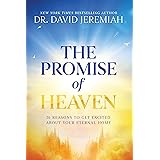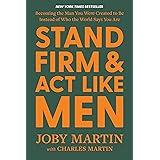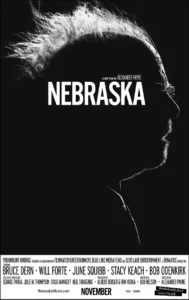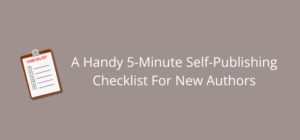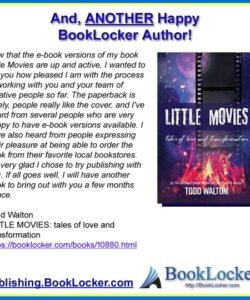“Secrets Behind the Mega Book Deal: What’s at Stake and Who’s Involved?”
In the ever-evolving landscape of publishing, navigating a book deal can feel a bit like trying to find your way through a maze on a blindfolded rollercoaster! Last year, I had the chance to dive back into these choppy waters when the manuscript I was ghostwriting went to auction with one of the Big 5 New York publishers. It marked my tenth major book deal, and interestingly, my first in over a decade. It left me wondering—how much has this industry really changed? What are the new rules of engagement, especially for those of us who aren’t media darlings yet? With a fresh perspective and a keen eye, I’ve gathered insights that unravel the current landscape of publishing, exploring what it takes to make waves in today’s market and how the shift might influence up-and-coming authors. If you’re as curious as I am about what’s brewing behind the scenes, let’s take this journey together! LEARN MORE.
Current intel from the Big 5 publishing trenches
Last year, the book I’m currently ghostwriting was sold at auction to one of the Big 5 New York publishers. This was the tenth major book deal I’d been directly involved in, but my first in over a decade. So I was curious to see current industry practices in action, how they appear to be shifting, and how they’d affect my debut co-author, who’s not already a household name. (Different rules apply if you’re a celebrity!) I thought these observations might interest you, too, so I’ve gathered them here.
Now, before I begin, it bears repeating that the first requirement for a significant book deal is an irresistible book, or in the case of mainstream nonfiction, an irresistible proposal. My co-author and I worked for four months, through multiple drafts, to produce that can’t-lose proposal. Because it’s a ghost gig, I can’t tell you anything about our subject, but suffice it to say the proposal had enough widespread appeal and clarity that our agents signed off on it.
Early in January, they “took it out,” meaning that they emailed it to a hand-picked list of 18 editors at the Big 5 houses — Harper Collins, Penguin Random House, Hachette, Macmillan, and Simon & Schuster.
Let me walk you from that point through the process of selling the book.
Auditioning for a deal
The original 18 editors received the book on a Wednesday and were given one week to respond. Some decided it wasn’t right for them but passed it on to editors at other imprints within their publishing house. This is one of the most confounding changes in 21st century publishing: each of the Big 5 majors operates dozens of imprints, each with its own set of editors who may compete or collaborate with each other on the purchase of titles. I can’t decide if this is good or bad, but it definitely is.
Now, if only one editor had expressed interest in the book, our agent likely would have tried to steer that editor…
